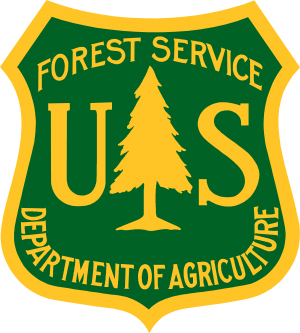November 18, 2018 - By Linda Wang, Cooperative Forestry - 2018 was another record year of hurricanes and fires, which have inflicted huge economic losses to timber landowners as well as  homeowners with landscape trees.
homeowners with landscape trees.
The good news is that landowners may be able to deduct eligible losses on their tax returns, which is an extremely important part of the relief and recovery efforts. These landowners are in great need of tax deduction information, especially in light of the most recent changes to the US tax code.
The USDA Forest Service has published guidelines to help timber owners and home owners understand the deductions for timber or landscape trees damaged from casualties. Income Tax Deduction on Timber and Landscape Tree Loss from Casualty was written by National Timber Tax Specialist Linda Wang, who provides customer service and assistance to landowners on tax and estate planning issues.
A casualty loss arises from a sudden, unusual, and unexpected cause such as a hurricane, fire, or other catastrophic event. The new changes will most directly affect homeowners with landscape trees, which are considered personal-use property for tax purposes, as well as those timber owners who own land primarily for personal enjoyment (such as its aesthetic beauty or family retreats) rather than marketability.
From 2018-2025, for homeowners and personal-use timber owners, only losses from federally-declared disasters will be deductible. The deduction, however, is subject to a 10%-adjusted-gross-income reduction as well as a $100-per-casualty reduction. Prior to 2018, these owners could deduct casualty losses on personal-use property regardless of whether or not those losses were due to federally-declared disasters.
However, the new laws do provide additional relief for homeowners and personal-use timber owners affected by the 2016 and 2017 federally-declared disasters, including Hurricanes Harvey, Irma and Maria. For these taxpayers, the $100 reduction will increase to $500, while the 10% reduction has been eliminated altogether.
Timber owners with profit intent are subject to a different set of rules. The deduction rule hasn’t changed for timber owners with profit in mind; they can still deduct losses subject to the timber’s cost basis limitation, whether those losses were incurred in a federal disaster or not. They are not subject to the 10-percent or $100-per casualty limitations.
“Timber landowners may have more tax advantages when they classify as investors with profit in mind rather than as personal-use property owners,” said Wang. “It’s important to understand how your woodlands are classified for tax purposes, as well as how the new tax code changes will impact your property.”
Source: U.S. Forest Service









